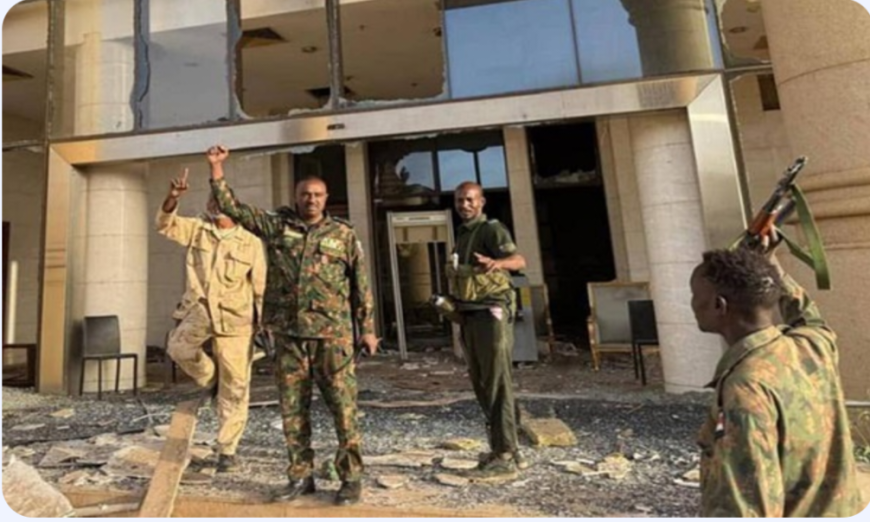The United Nations High Commissioner for Human Rights, Volker Turk, has expressed deep concern about reports of widespread extrajudicial killings of civilians in Sudan’s capital, Khartoum, following its recapture by the Sudanese Armed Forces on March 26.
Calling on Sudan to launch independent, transparent and effective investigations into these incidents in line with relevant international standards, Turk urged to punish those responsible and to ensure victims’ rights to truth and justice. He urged the commanders of the Sudanese Armed Forces to take immediate measures to put an end to arbitrary deprivation of life.
“I am utterly appalled by the credible reports of numerous incidents of summary executions of civilians in several areas of Khartoum, on apparent suspicions that they were collaborating with the Rapid Support Forces. I urge the commanders of the Sudanese Armed Forces to take immediate measures to put an end to arbitrary deprivation of life,” said Türk.
“Extrajudicial killings are serious violations of international human rights and humanitarian law. Individual perpetrators, as well as those with command responsibility, must be held accountable for such unacceptable actions under international criminal law.”
The UN Human Rights Office has reviewed multiple horrific videos posted on social media since 26 March, all of them apparently filmed in southern and eastern Khartoum. They show armed men – some in uniform and others in civilian clothes – executing civilians in cold blood, often in public settings. In some videos, perpetrators state that they are punishing supporters of RSF.
Reports have attributed the killings to SAF and State security personnel, as well as to SAF-affiliated militias and fighters. In the Janoub Al Hezam area of southern Khartoum, for instance, at least 20 civilians, including one woman, were allegedly killed by SAF and affiliated militias and fighters.
Türk called, once again, on all parties to take immediate steps to ensure their forces respect the right to life, without distinction, consistent with their obligations under international human rights law and humanitarian law.

